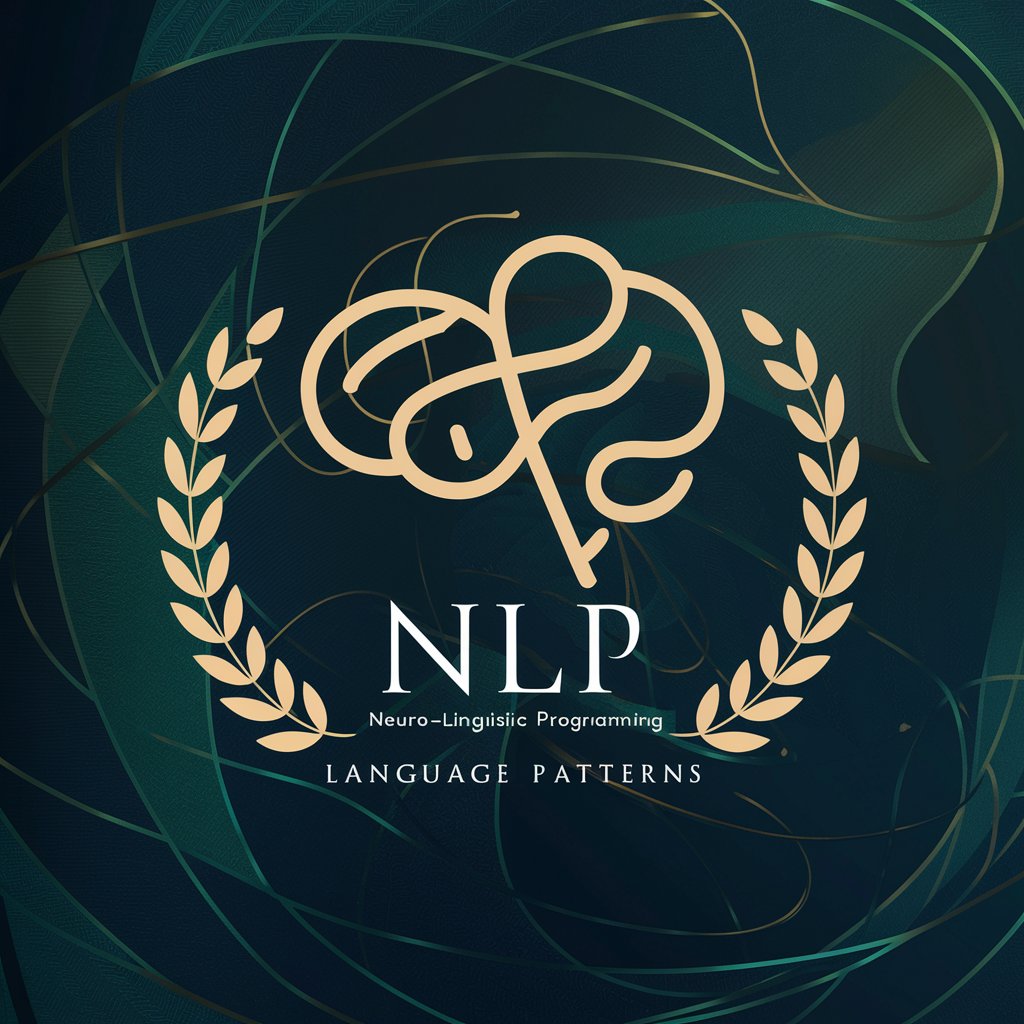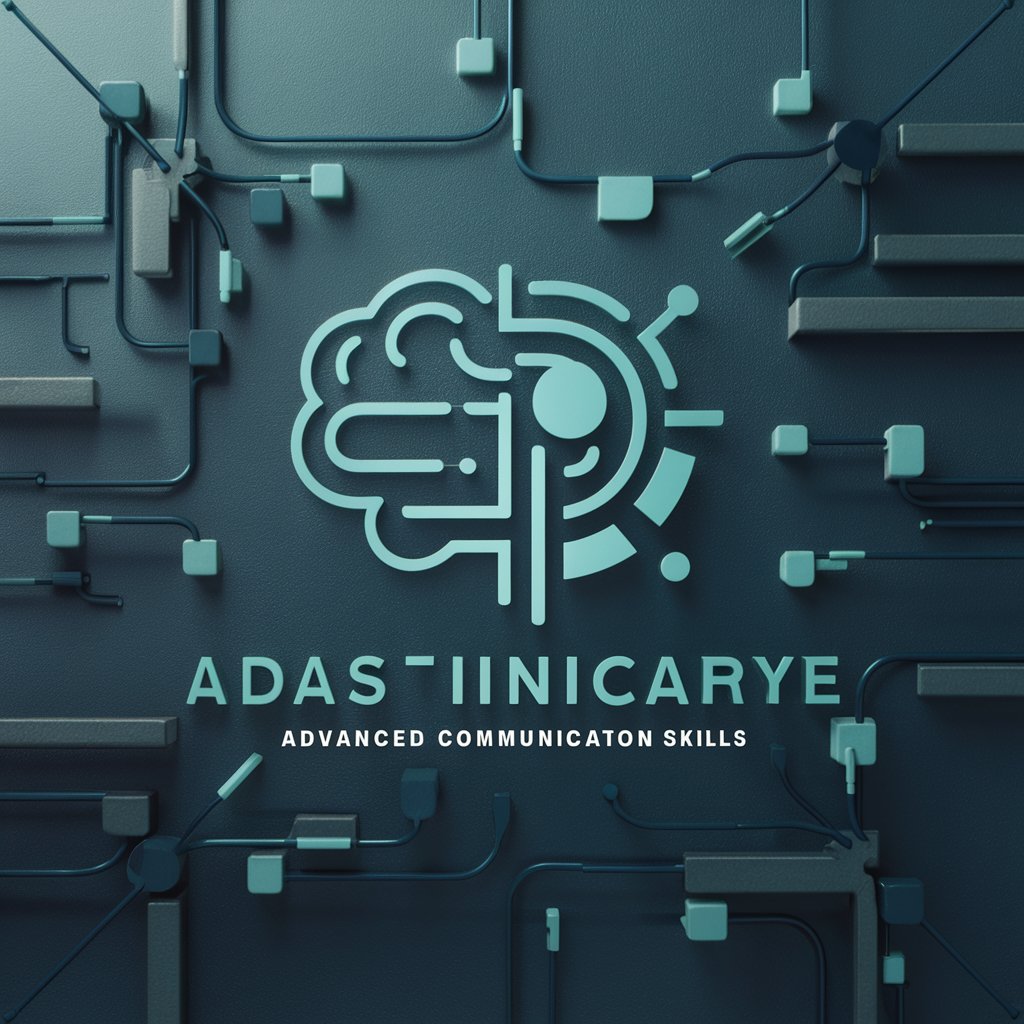8 GPTs for Negotiation Powered by AI for Free of 2026
AI GPTs for Negotiation are advanced artificial intelligence tools designed to assist in negotiation processes. These tools, based on Generative Pre-trained Transformers (GPTs), are tailored to understand, generate, and process language in a way that's highly relevant to negotiation scenarios. They leverage vast amounts of data to simulate human-like negotiating tactics, comprehend complex requirements, and offer solutions or advice in real-time. This makes them invaluable in facilitating more efficient, effective, and informed negotiation processes, bridging gaps between parties, and optimizing outcomes.
Top 8 GPTs for Negotiation are: Dark Psychology,黑暗心理学,Killer Instinct,Sleight of Mouth,现场扭曲力专家,Mirroring Practice,Silver Tongue,Diplomatic Resolver
Dark Psychology
Unlock the secrets of the human mind.

黑暗心理学
Unlock the power of persuasion with AI

Killer Instinct
Empowering communication with AI-driven assertiveness.

Sleight of Mouth
Reshape Thinking with AI-Powered NLP

现场扭曲力专家
Mastering Communication with AI

Mirroring Practice
AI-powered Communication Mastery

Silver Tongue
Persuade with Precision, Powered by AI

Diplomatic Resolver
AI-Powered Conflict Resolution Assistant

Essential Attributes and Functions
AI GPTs tools for Negotiation are distinguished by their adaptability, enabling them to handle a range of negotiation tasks from basic to highly complex. Key features include: advanced language comprehension and generation, which allow these tools to understand context and nuances in negotiation dialogues; scenario simulation and outcome prediction capabilities, enabling users to prepare for various negotiation outcomes; and real-time feedback and suggestions, providing users with insights and advice during negotiations. Additionally, these tools may offer technical support, data analysis, and integration with other software, enhancing their utility in negotiation contexts.
Who Can Benefit
AI GPTs for Negotiation are designed for a wide audience, including negotiation novices seeking to improve their skills, professionals looking to enhance their negotiation outcomes, and developers aiming to create specialized negotiation applications. These tools are accessible to users without coding skills, thanks to user-friendly interfaces, while also offering extensive customization options for those with technical expertise.
Try Our other AI GPTs tools for Free
Protest Organization
Discover how AI GPT tools are revolutionizing protest organization, offering tailored solutions for effective planning, coordination, and execution of social activism.
Activism Resources
Discover AI GPTs for Activism: innovative tools transforming activism through advanced language processing, data analysis, and creative content generation.
Publishing Data
Explore how AI GPTs for Publishing Data revolutionize content creation, management, and distribution with advanced AI technology tailored for the publishing sector.
Author Profiles
Discover how AI GPTs for Author Profiles revolutionize the creation, management, and analysis of author biographies and bibliographies with tailored, efficient AI solutions.
Book Information
Discover how AI GPTs for Book Information revolutionize handling, analyzing, and engaging with literary data through advanced AI, offering personalized and insightful solutions for readers, librarians, publishers, and educators.
Global Cinema Exploration
Explore the world of cinema with AI GPTs for Global Cinema Exploration, offering personalized insights, multilingual support, and a deep dive into cinematic cultures.
Beyond the Basics
AI GPTs for Negotiation not only facilitate efficient negotiations but also provide a platform for continuous learning and improvement in negotiation strategies. They offer user-friendly interfaces that simplify complex negotiation concepts and allow for seamless integration with other digital tools, making them a cornerstone for innovative negotiation solutions in various sectors.
Frequently Asked Questions
What are AI GPTs for Negotiation?
AI GPTs for Negotiation are AI-driven tools that assist in negotiation by understanding and generating language relevant to negotiation contexts, predicting outcomes, and providing real-time advice.
How do these tools assist in negotiations?
They simulate negotiation scenarios, offer outcome predictions, and provide language generation and comprehension capabilities to facilitate understanding and strategy formulation.
Who can use AI GPTs for Negotiation?
They are suitable for anyone involved in negotiations, from beginners to professionals and developers, with or without coding skills.
Can these tools adapt to different negotiation scenarios?
Yes, they are highly adaptable and can be tailored to suit a wide range of negotiation situations and complexities.
Do I need programming skills to use these tools?
No, many of these tools are designed to be user-friendly for those without programming knowledge, though they also offer customization options for those with technical skills.
How do these tools predict negotiation outcomes?
They use data analysis and machine learning to simulate various negotiation scenarios and outcomes based on historical data and current inputs.
Can AI GPTs for Negotiation integrate with other software?
Yes, many of these tools offer integration capabilities with existing systems or workflows, enhancing their versatility.
Are there any limitations to using AI GPTs for Negotiation?
While highly advanced, these tools may not fully replicate the intuition and emotional intelligence of a human negotiator, and their effectiveness can depend on the quality of data and the specificity of the scenario.